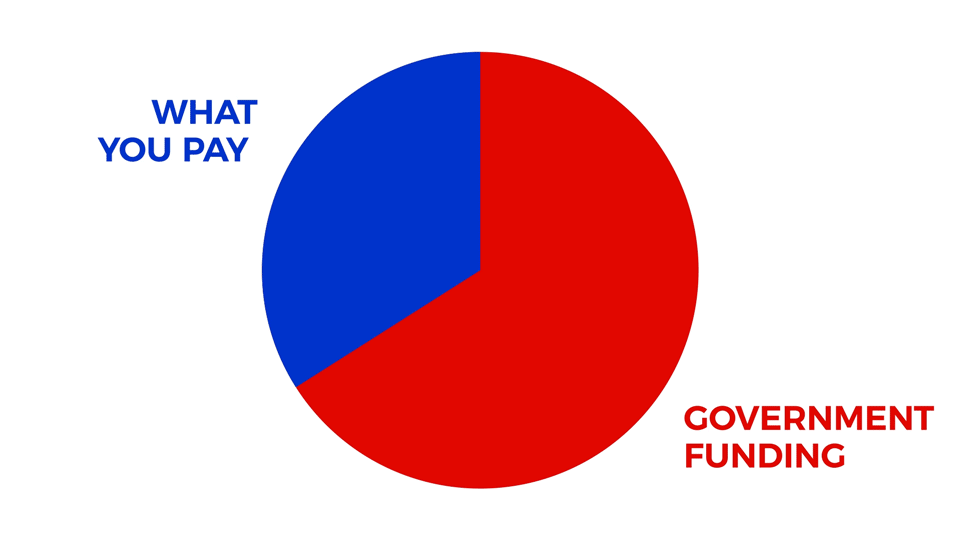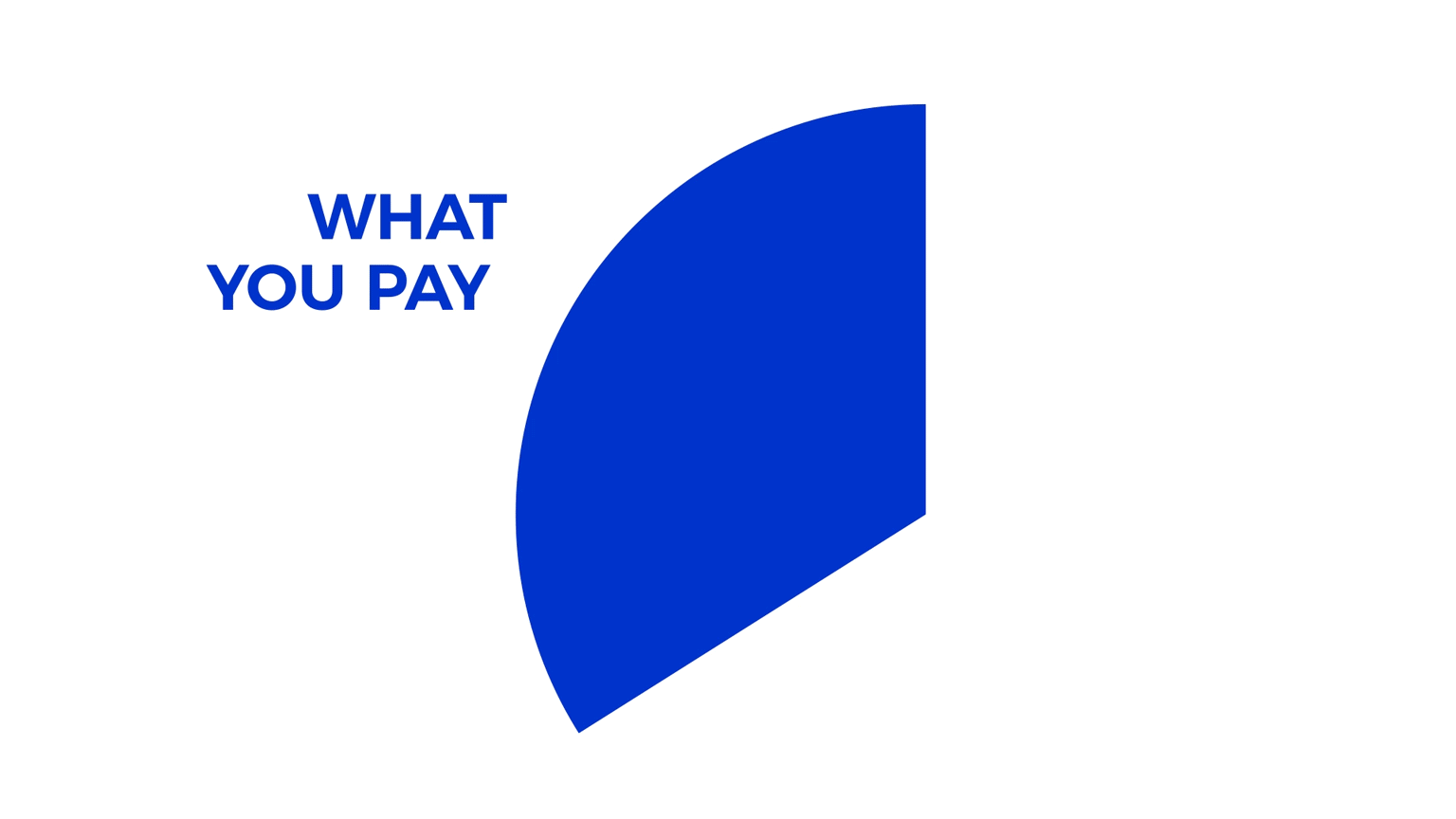Future student news to your inbox
Want to stay up-to-date with news, stories and info about studying at UOW?
:format(jpg)/prod01/channel_3/assets/contributed/magazines/the-stand/2017-10/Banner-image%5BT4crop%5D.jpg)
Everything you need to know about your fees before you start at university.
July 24, 2024
Are you confused on how to pay for university? Here is everything you need to need to know about HECS-HELP and CSPs.
When thinking about university, you'll hear acronyms like HECS-HELP and CSPs. They seem like a big deal, but what do they actually mean? To help you feel confident about your finances, we've simplified everything you need to know about paying for university in one place.
For all eligible undergraduate students, government funding covers most of your uni fees. These uni places are called (CSPs).
After the government funding has been contributed to your degree, there will be some left over for you to pay. This is called your Higher Education Contribution - your HECS (the S stands for Scheme). Eligible Commonwealth supported students can either pay their HECS fees upfront or defer the payment with a HECS-HELP loan from the government.

NOTE: The graphs in this article are not accurate representations of amounts - but are a visual representations to help explain how a CSP works. Fee amounts vary for each degree.
This is a loan from the government. You don't have to pay your slice of the pie straight away, you can pay it later if you are eligible.

Pay the blue slice now (upfront each semester) or pay it later (defer the payment - this is called your HECS-HELP loan).
HECS = Higher Education Contribution Scheme = the type of loan you take out as a uni student to pay your contribution of your uni fees.
HELP = Higher Education Loan Program = this is the overall program that provides loans to eligible students (whether at TAFE, college or uni).
Most domestic students are eligible for a CSP for their undergraduate degree. To be eligible for HECS-HELP you must;
When you enrol at uni you will be prompted to complete an online form that will ask you for your preferred billing option. You can choose to pay your fees all upfront; or make a partial payment and defer the remaining fee; or alternatively defer the whole payment via HECS-HELP Loan. You will be asked to provide your Tax File Number and then you’re all set up for HECS and HECS-HELP.
Your HECS-HELP loan is interest free! However, it is subject to indexation. This means as everything else changes in value, your HECS-HELP will change too, so it stays in line with changes in the cost of living. The indexation is applied on 1 June each year on debts more than 11 months old.
You will start paying back your loan when your taxable income reaches $54,435 (the threshold as of February 2024). You will need to advise your employer if you have a HECS-HELP debt so your repayments can be deducted from each pay. Alternatively, a lump sum payment will be calculated when you do your annual return, which can leave you with tax bill instead of a tax return.
The more you earn, the faster you’ll be required to repay your loan. The repayment rate is worked out as a percentage of your income. To see the current payment threshold and repayment rates .
Repayments aren't compulsory when you income is less than $54,435. However, you should consider repaying it if you can because your loan will continue to be indexed every year.
You can make voluntary repayments whenever you like through the Australian Tax Office. You can and make voluntary BPAYS via .
We're pretty lucky in Australia that the government funds most of the cost of an undergraduate university degree. And, considering most of the fastest growing jobs and highest paying careers often require a post-school qualification, uni has become more and more important in preparing you for careers of the future.
Keep up-to-date with current information and more details about on the Australian government website. For more information on HECS and CSPs, visit To find out more about UOW Course Fees, visit uow.edu.au/student/finances.
Want to stay up-to-date with news, stories and info about studying at UOW?